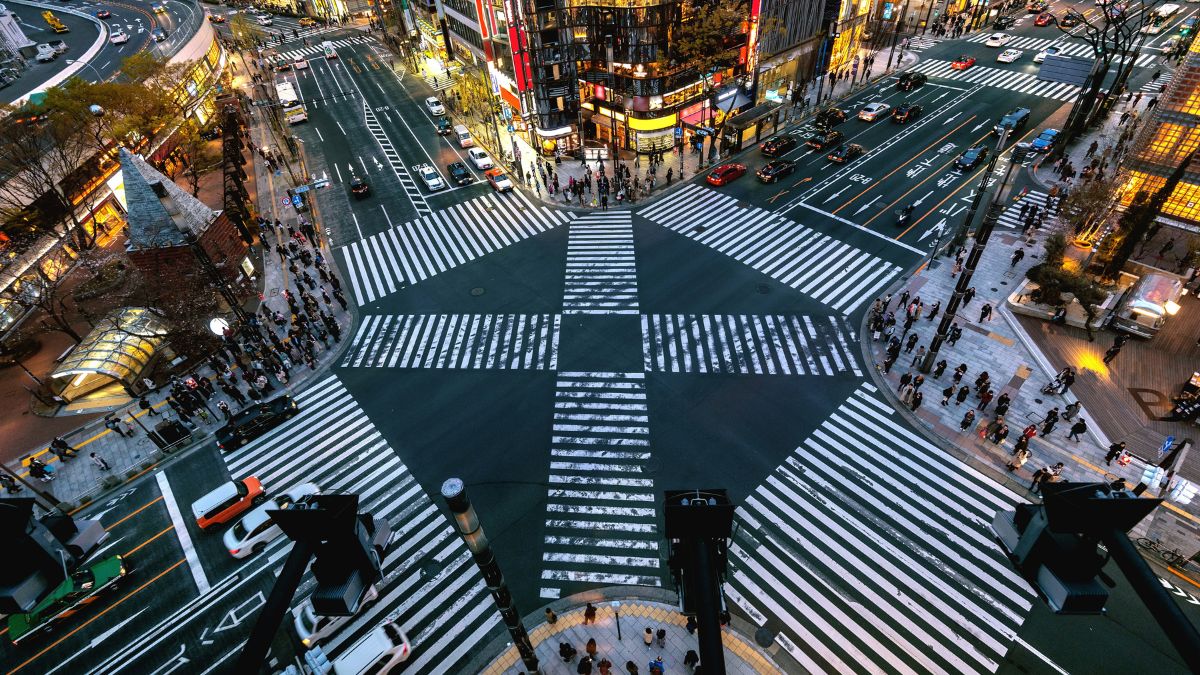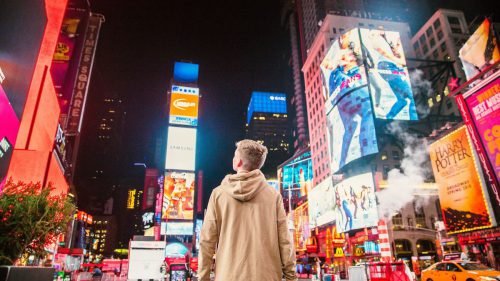

BreakPoint
The Bolsheviks’ Last Stand
The Russian revolution began with bloodshed . . . and it has ended with bloodshed. A ragtag band of hard-core communists and opponents of reform holed up in the Russian parliament building known as the White House to make a last desperate stand. It was a face-off between the president, elected by the people, and the Parliament, elected under the old Soviet system. And it was resolved in the time-honored Russian manner: with guns and tanks. When it was over, Boris Yeltsin was victorious, 500 people were dead, and the White House was in flames. A few years ago, the fall of communism was hailed as a great victory for freedom and democracy. But the decline of tyranny has not led automatically to the rise of democracy. And the reason is something we all ought to think about seriously: Societies cannot be strong unless every sector of society is strong and free. Under communism the government controlled all sectors of society: the marketplace, the academy, the arts, the family, and most tragically the church. Any independent source of moral authority was reckoned as a threat to centralized government authority-and was squashed. As a result, when the government dissolved, there were no other social structures strong enough to pick up the pieces. The state had insisted on being the scaffolding for all society-and with the state gone, Russian society collapsed. Totalitarian control had destroyed the economic infrastructure, denying the rights of property and exchange. It had muzzled Russia's intellectual leaders, suppressing any vigorous exchange of ideas. And most harmful, it had seriously weakened churches and families, denying the rights of worship and moral education. As a result, the political chaos we see on our TV screens is being matched by social and spiritual chaos in Russia. Organized crime is bleeding the economy. Citizens are buying guns for protection from street thugs. Casinos have cropped up all over Moscow. Pornography is sold openly from street-corner kiosks, alongside the Marlboros. Prostitution is burgeoning: from high-class call girls who demand payment in hard currency to streetwalkers who sell themselves for as little as 40 cents. No wonder the old hard-liners were able to muster some support among the populace. No one can live with chaos. Rebuilding a social order from scratch is a long and difficult task. The Russians need our prayers. And here in America we ought to take the lesson to heart: Every time we grant government the power to take on new functions, it takes power away from other social structures-inevitably leaving them weaker. In Russia it happened all at once, during the Russian revolution. Here in America it is happening piecemeal, as the government expands its power outside the realm of politics proper and tries to run the economy or regulate social and moral issues. The anarchy in Russia is a vivid lesson in what can happen when state regulation becomes so broad that it cripples the private sector. Only you and I can make sure the same thing doesn't happen here. And that we don't wake up some day to see our own White House in flames.
10/12/93















